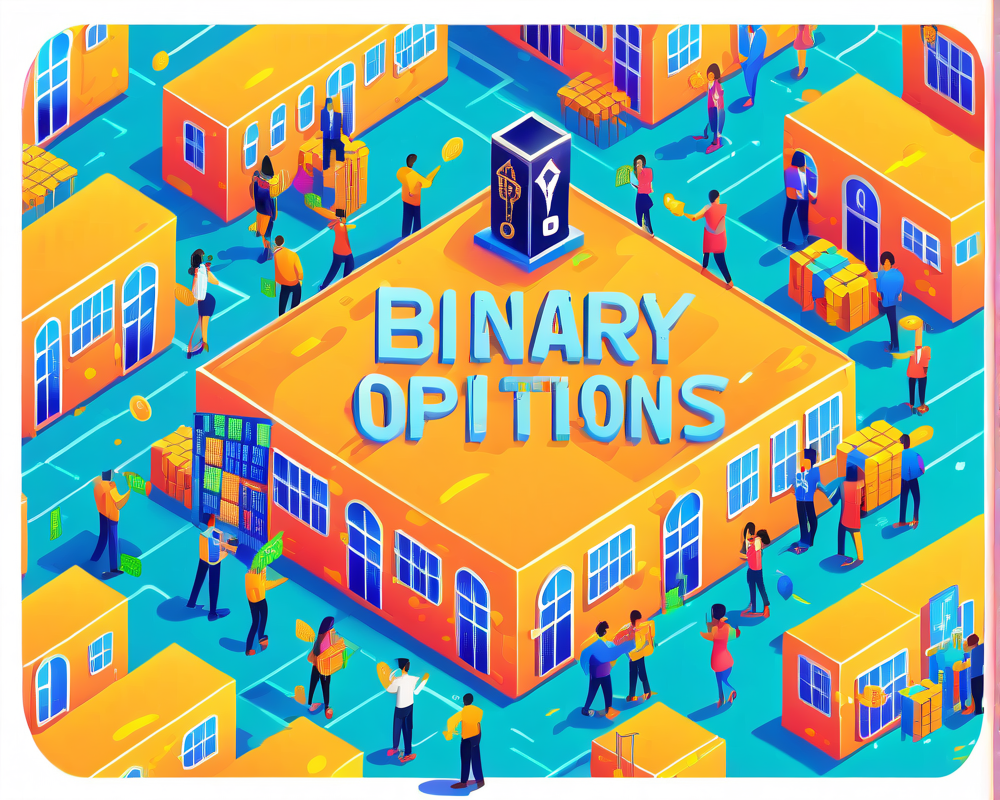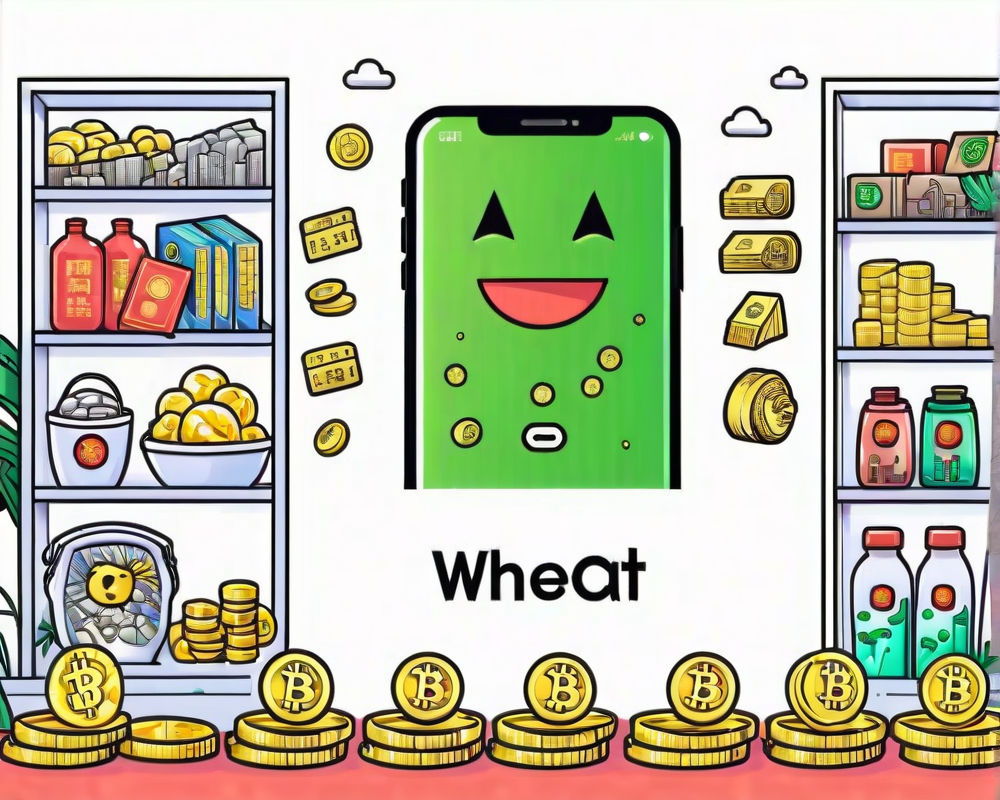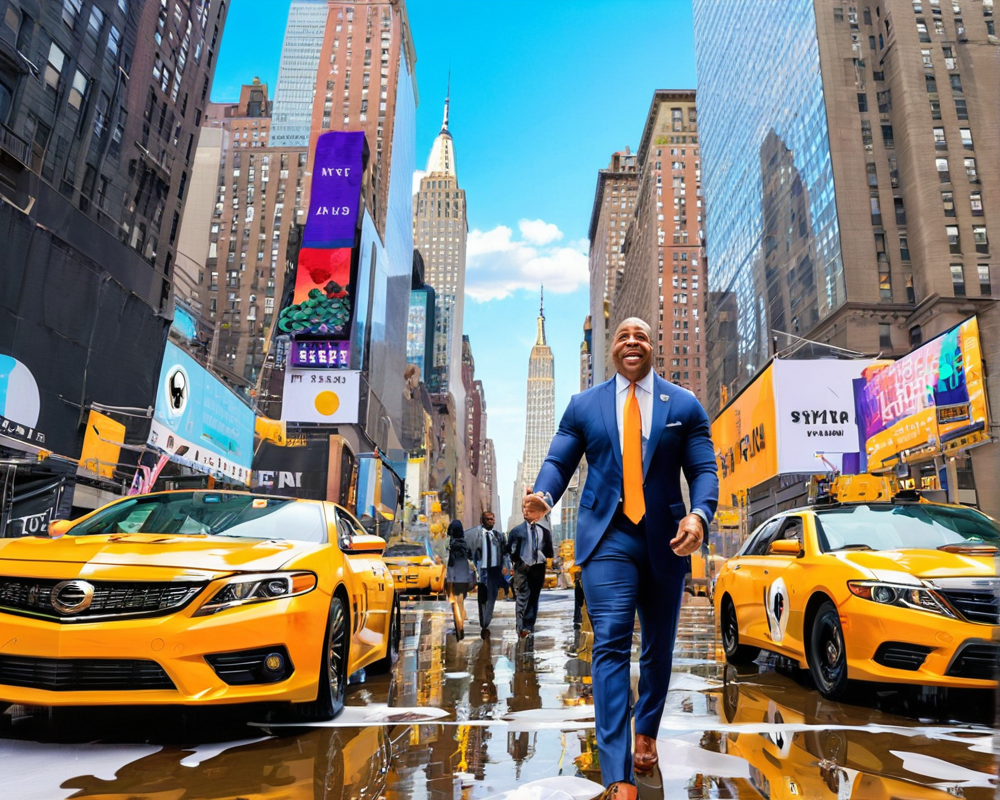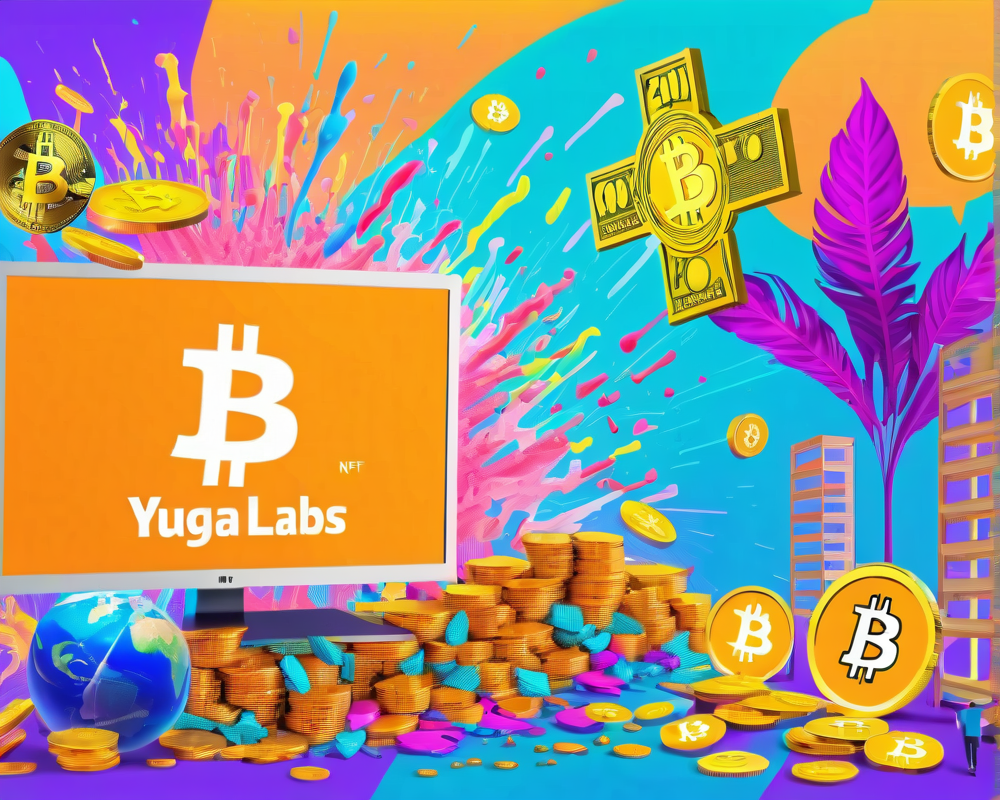The Ruling: AI Art and Copyright
Recently, United States District Judge Beryl Howell made headlines by confirming the position of the U.S. Copyright Office: artworks crafted entirely by artificial intelligence (AI) do not qualify for copyright protection. This ruling comes at an intriguing time, with rising fears that generative AI might soon elbow aside human artists and wordsmiths.
Context of Concerns
It’s been over 100 days since Hollywood’s writers took to the picket lines, escalating apprehensions about AI potentially scripting future blockbusters. Despite the number of AI-generated scripts increasing, copyright law has clung to its roots, stipulating that only human-originated creations earn the coveted copyright stamp of approval.
A Case with a Twist
The court’s decision directly responded to a case brought by Stephen Thaler, the CEO of Imagination Engines. Thaler argued that if AI can meet authorship criteria, the products of its digital brain should also be considered authored creations. However, Howell wasn’t having any of it. She emphasized the necessity of human authors in the copyright chase, referring to longstanding legal precedence that safeguards ideas born from human ingenuity.
The Human Element: Why It Matters
Howell’s ruling stressed that copyright is designed to incentivize human creativity. She pointed out that these laws not only protect art but aim to spur innovation across various fields. Citing notable cases, such as Burrow-Giles Lithographic Company v. Sarony, she upheld the principle that copyright protection is tethered to human effort. Even the law acknowledges that a picture taken by a pet won’t win any copyright awards, so you can put your dog’s photography career on hold for now!
AI and the Future of Copyright
This ruling prompts deeper questions about AI and copyright’s evolving relationship. As artists in California file lawsuits against AI companies for purported copyright infringements, the debate over how AI firms utilize copyrighted material intensifies. Will AI need to rethink its training methods? Only time will tell, but one thing’s for sure: copyright protection remains firmly in the human court for now.
Conclusion: The Takeaway
While AI-generated artwork may not gain copyright status, this court ruling underscores a fundamental truth: human creativity remains invaluable to intellectual property. As the battle between technology and tradition continues, the artistic community must advocate for their creative rights. So, let’s keep making art, even if our AI friends are trying to get in on the action!




